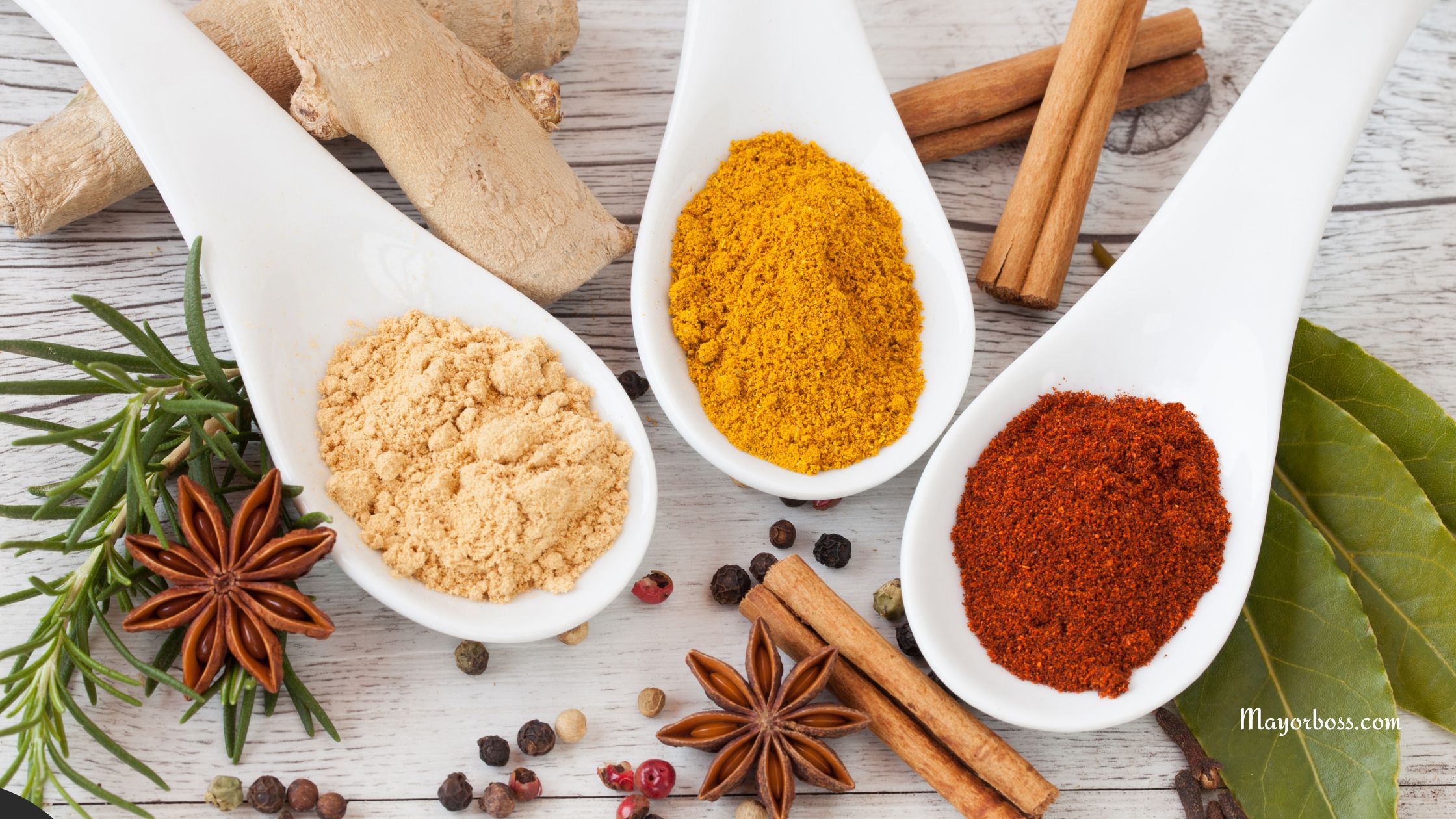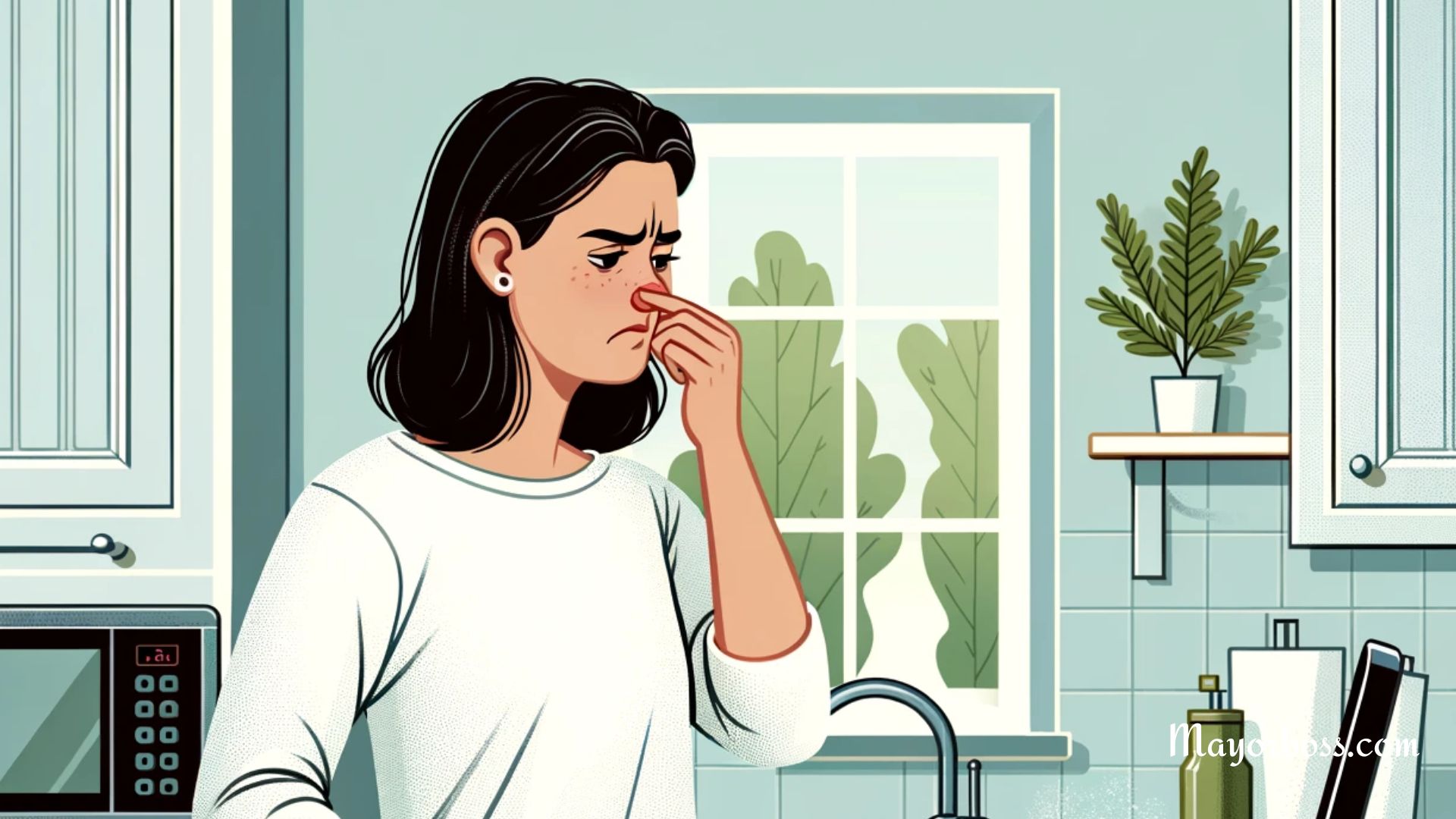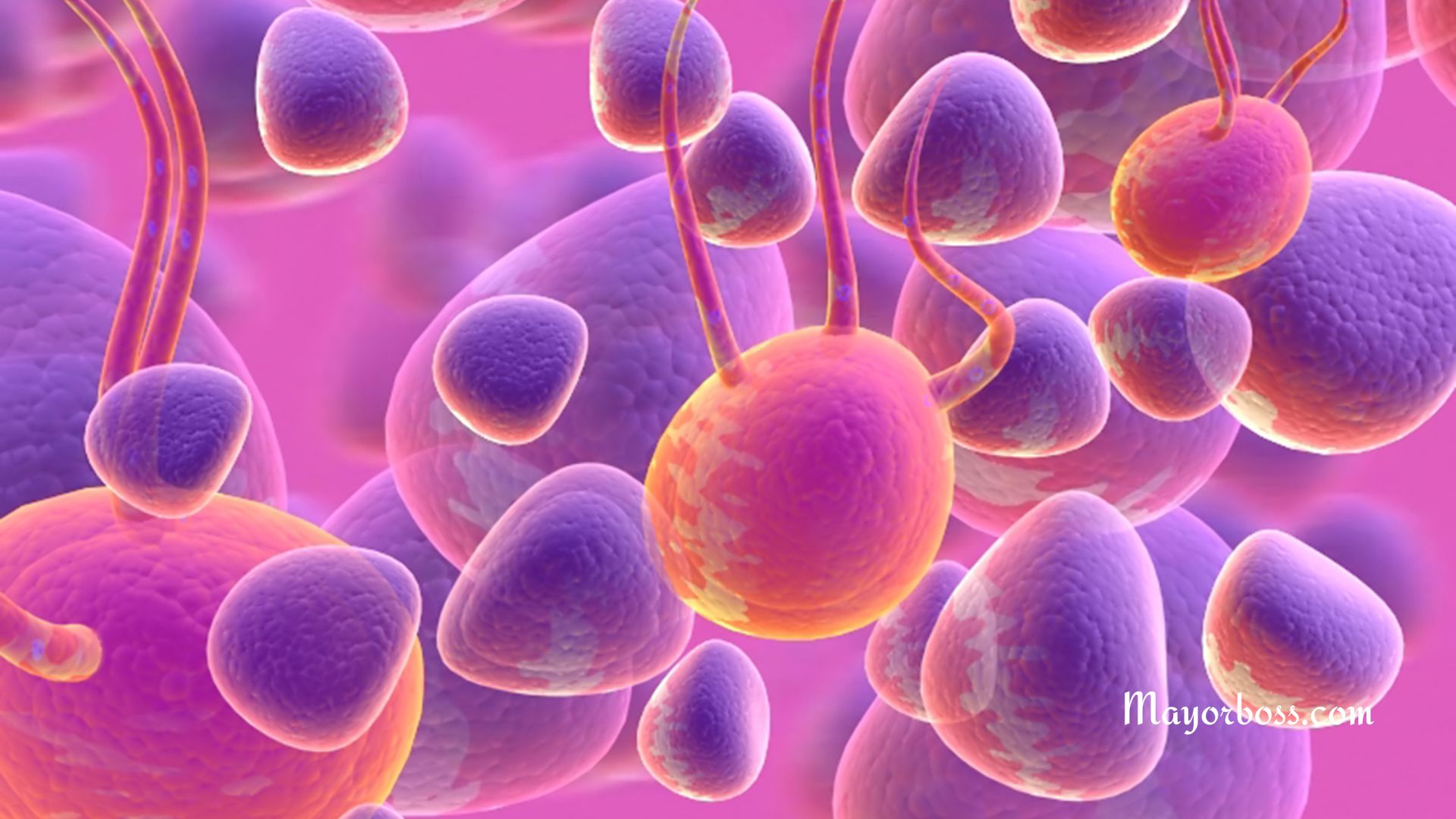20 Vital Signs That May Indicate a Heart Attack
A heart attack often shows warning signs such as chest pressure, shortness of breath, cold sweat, nausea, or pain spreading to the arm, jaw, neck, back, or upper belly. If symptoms last more than a few minutes or return, call emergency services immediately.
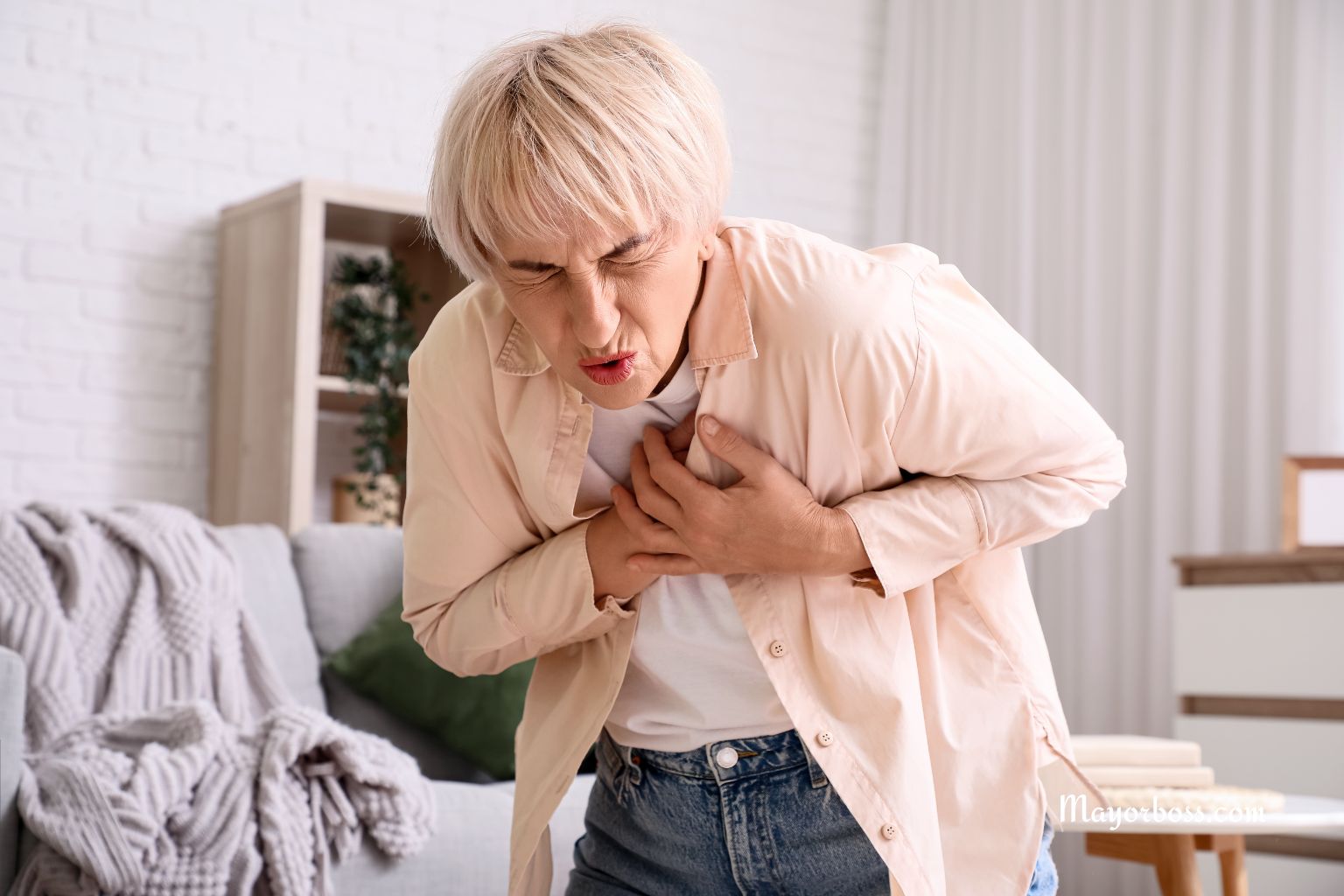
A heart attack happens when blood flow to part of the heart muscle stops. That muscle starts to suffer harm within minutes. Fast action saves the heart muscle and life. If symptoms start, call emergency services at once. Do not drive yourself. Chew an aspirin if you can take it and have no allergy, then wait for help.1
1. Chest pressure or tightness
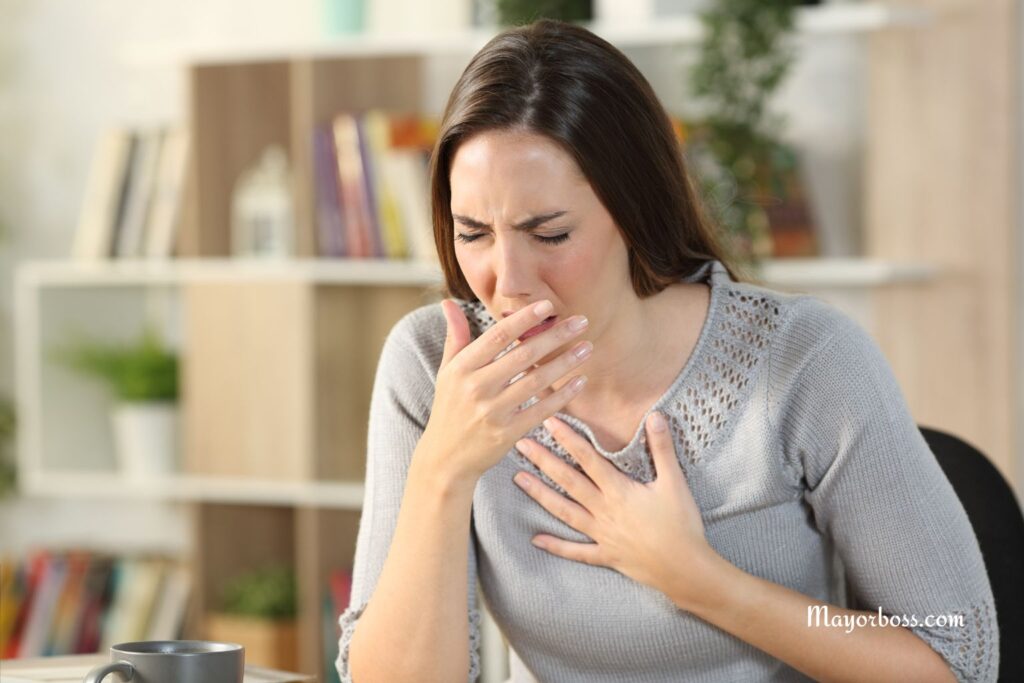
Many people describe it as a heavy weight on the center or left side of the chest. It can feel like squeezing or fullness. It may come and go, or last longer than a few minutes.2
2. Burning or aching in the chest
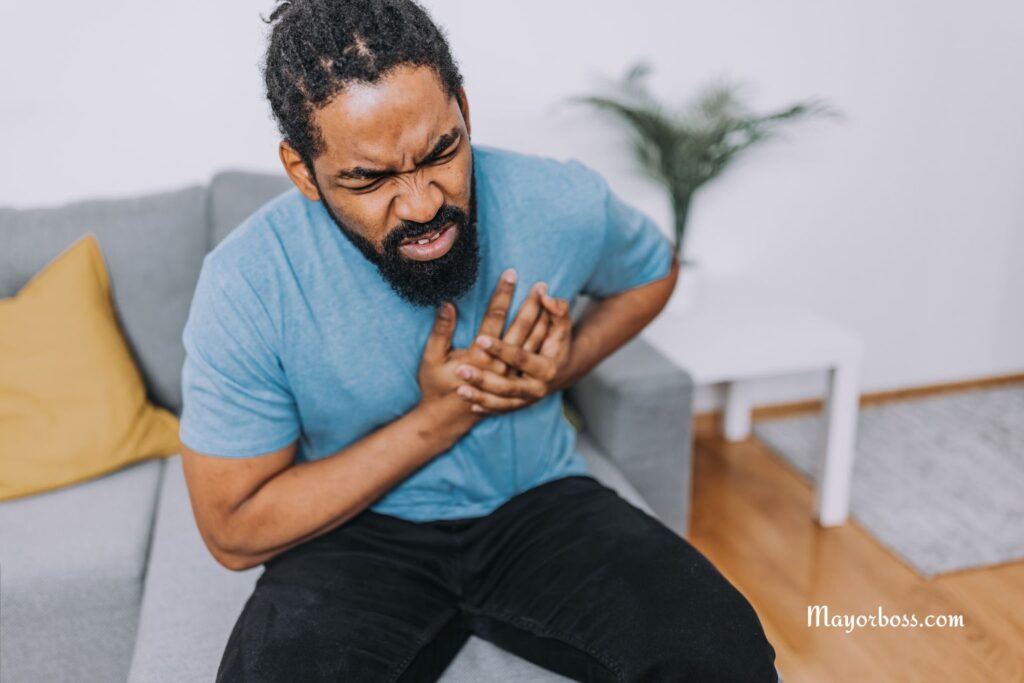
Not every heart attack feels like crushing pain. Some feel like heartburn that does not improve with antacids. If “heartburn” starts during rest or with light activity, treat it as a red flag.
3. Pain spreading to the left arm
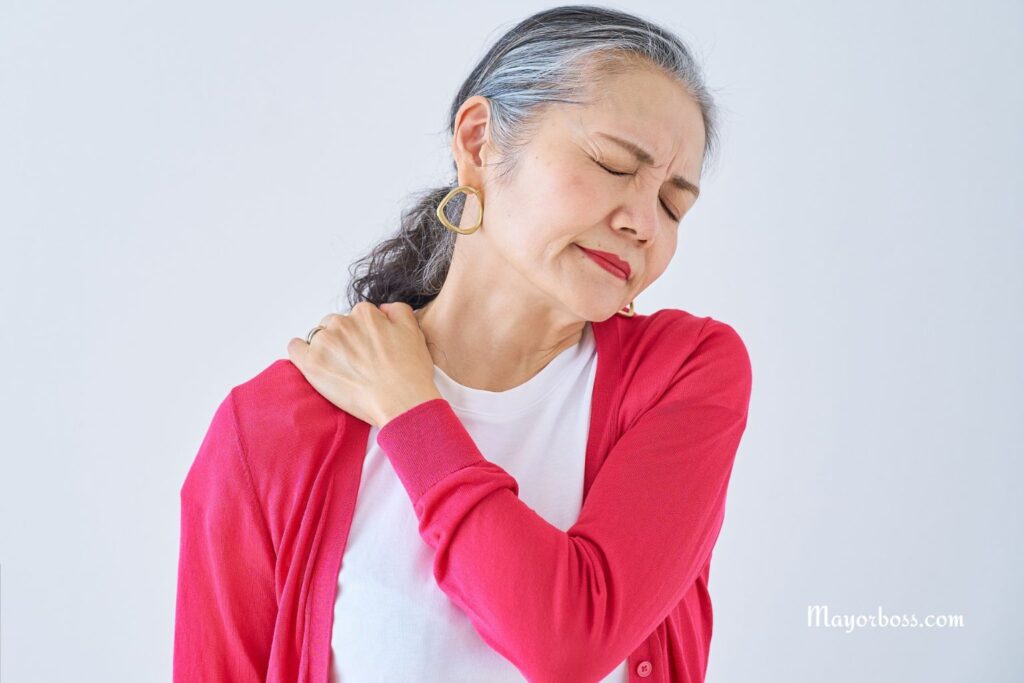
Pain can start in the chest and move into the left arm. It may also feel like tingling, heaviness, or weakness. This pattern is classic and deserves immediate attention.
4. Pain in the right arm, shoulder, or both
Heart pain can travel in surprising ways. If shoulder or arm pain starts with chest discomfort or shortness of breath, do not ignore it.
5. Jaw, neck, or throat discomfort

A dull ache in the lower jaw or neck, especially with chest pressure, can indicate heart strain. Dental issues usually worsen with chewing, while heart pain often worsens with exertion.
6. Upper back pain between the shoulder blades
A deep, hard-to-pinpoint ache in the upper back can be a heart symptom, especially in women and older adults. If it pairs with nausea, cold sweat, or breathlessness, act fast.
7. Pain in the upper belly

Pain or pressure in the upper middle area under the ribs can feel like indigestion. When it appears with sweating, paleness, or shortness of breath, think heart, not stomach.
8. Shortness of breath
You may feel like you cannot take a full breath, even at rest. It can happen with or without chest pain. If you also feel dizzy or lightheaded, call for help.
9. Cold, clammy sweat

A sudden cold sweat, especially with chest discomfort or nausea, signals stress on the heart. This is not a normal response at rest.
10. Nausea or vomiting
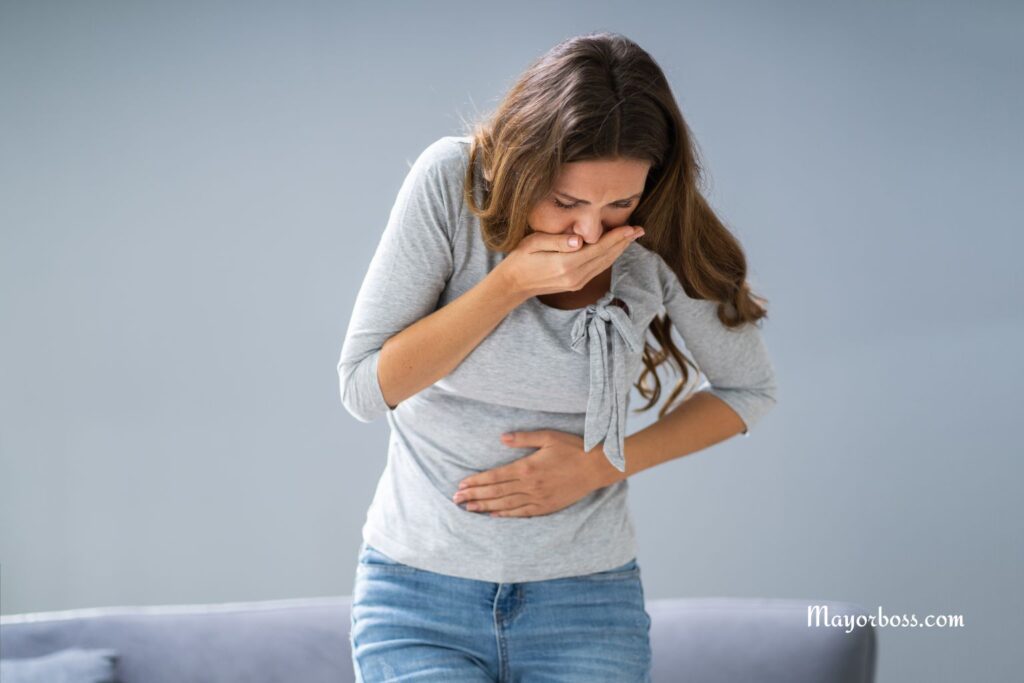
Some heart attacks cause stomach upset. If nausea appears with chest pressure, back pain, or breathlessness, consider it an emergency.
11. Unusual fatigue

Feeling drained for no clear reason or getting exhausted after simple tasks can be an early sign. Many women report unusual fatigue in the days or weeks before a heart attack.
12. Dizziness or fainting

Lightheadedness, a “room-spinning” feeling, or a brief loss of consciousness can occur when the heart struggles to pump enough blood to the brain.
13. Rapid or irregular heartbeat
A racing pulse, fluttering, or skipped beats can signal trouble, especially when paired with chest discomfort, weakness, or shortness of breath.3
14. Pale or gray skin
Poor circulation can cause a gray, ashen look or sudden paleness. If someone looks unwell and sweaty with chest pain, call emergency services.
15. Swelling in legs, ankles, or feet
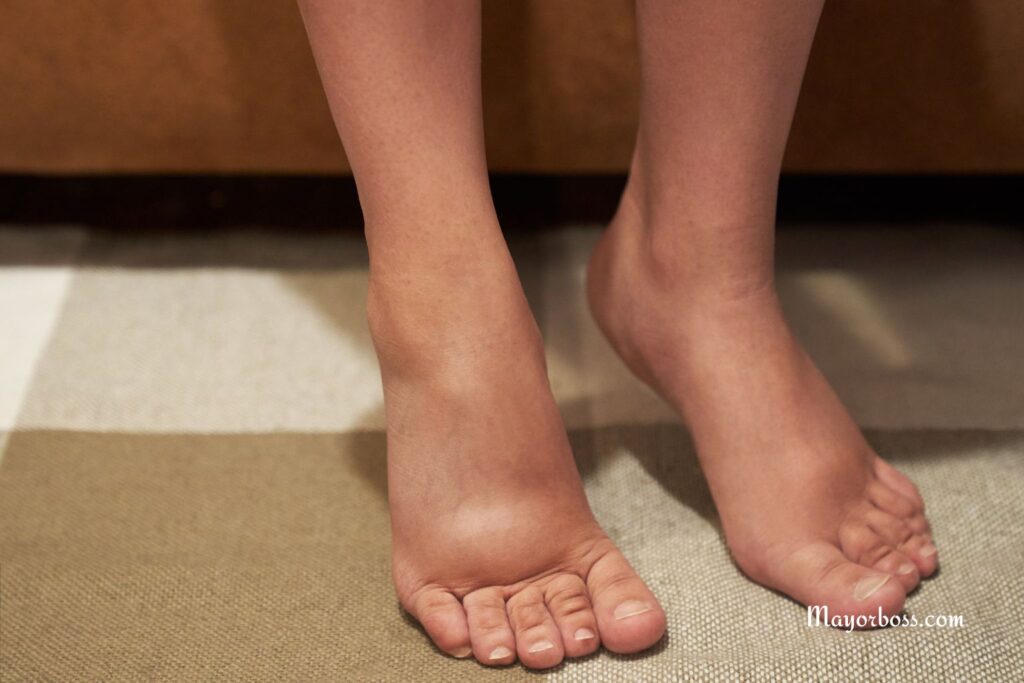
While swelling has many causes, sudden or worsening swelling with breathlessness or chest discomfort may point to heart strain and needs prompt care.
16. New or sudden heartburn with exertion
If “heartburn” starts when you climb stairs or walk, then eases with rest, this could be angina, a warning that a heart attack may occur soon.
17. Anxiety or sense of doom
Some people feel intense worry or a strong sense that “something is wrong.” Trust that feeling, especially with physical symptoms.
18. Weakness or sudden fatigue during routine tasks
If carrying groceries, making the bed, or walking across a room causes chest pressure or breathlessness, do not push through it. Stop and seek help.
19. Sleep disturbance

Waking at night short of breath, or needing extra pillows to breathe comfortably, can signal heart trouble. If this is new, talk with a clinician soon.
20. Symptoms that start with activity and improve with rest
When symptoms appear during exertion and improve when you stop, the heart may not be getting enough blood. This is a serious warning sign.
How symptoms differ in women, older adults, and people with diabetes

Women often report nausea, jaw or back pain, and unusual fatigue more than classic chest pain. Older adults may have mild chest pressure, confusion, or fainting. People with diabetes may notice fewer pain signals, so shortness of breath, sweating, or sudden fatigue can be the main clues. In all these cases, low-key symptoms can still signal a medical emergency.4
What to do right now if you notice these signs
Call your local emergency number at once. Do not drive yourself. Sit down, stay calm, and unlock your door if you can. If you have doctor-approved aspirin on hand and no allergy or bleeding risk, chew one adult tablet while waiting for help. Follow the dispatcher’s instructions.5
When symptoms are “just” angina
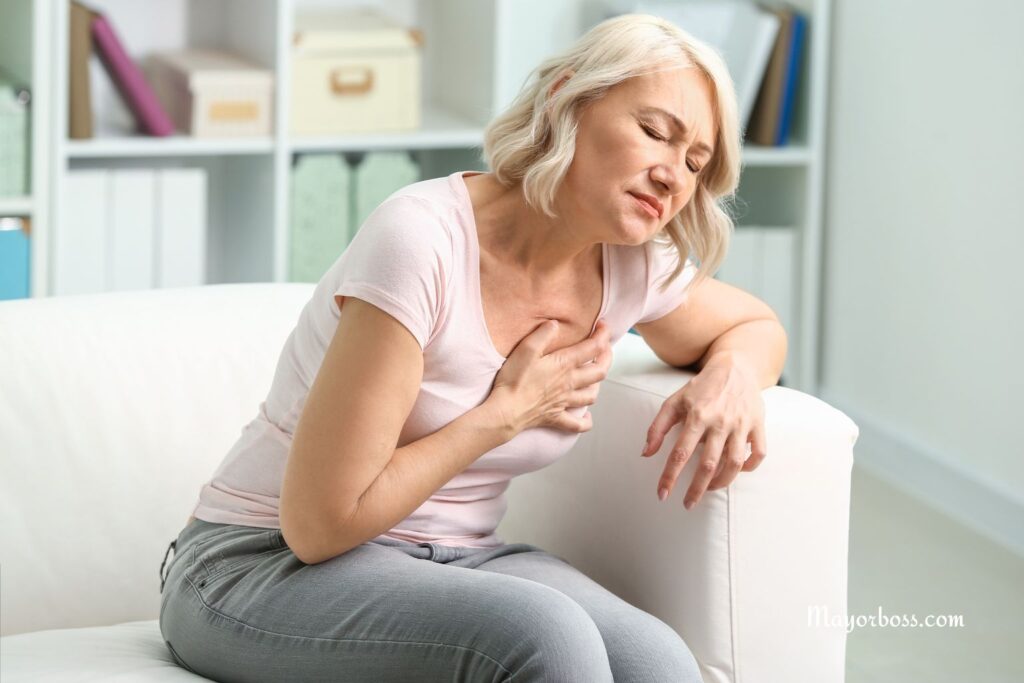
Angina causes chest pressure during activity that eases with rest. It warns that the arteries are narrowed. Even if symptoms fade, you still need urgent medical care to prevent a future heart attack. Do not delay evaluation.
How doctors confirm a heart attack
In the hospital, the team will record a heart tracing and check blood tests for heart injury. They may use imaging to assess blood flow. Early treatment can open the blocked artery and protect the heart muscle.
How to lower your risk going forward

Small daily habits help a lot. Keep blood pressure, cholesterol, and blood sugar in a healthy range. Move your body most days. Choose a heart-friendly plate with vegetables, fruit, whole grains, beans, fish, and olive oil. Do not smoke. Sleep 7 to 9 hours. Manage stress with simple tools such as walks, breathing breaks, and social support. See your clinician for regular checkups, especially if you have a family history of heart disease.
Red flags you should never ignore
Any chest pressure with shortness of breath, cold sweat, or radiating pain needs emergency care. Symptoms that last more than a few minutes, fade, and return also count as urgent. When in doubt, call. Seconds matter for the heart muscle.6
Takeaways
Heart attacks often announce themselves. Chest pressure, shortness of breath, cold sweat, nausea, and pain that spreads are common clues. Women, older adults, and people with diabetes may have milder or mixed symptoms. Fast action saves the heart muscle and life. If you think it might be a heart attack, treat it as one and call for help immediately.
FAQs
1) Can a heart attack happen without chest pain?
Yes. Some people report shortness of breath, nausea, cold sweat, back or jaw pain, or unusual fatigue instead of chest pain. Treat these as urgent if they are new, severe, or paired with weakness or dizziness.
2) How long can symptoms last before I should call?
Do not wait. If symptoms last more than a few minutes or fade and return, call emergency services right away.
3) What is the first aid for a suspected heart attack at home?
Call your local emergency number. Sit and rest. If you have doctor-approved aspirin and no allergy or bleeding risk, chew one adult tablet while help is on the way.
4) How do symptoms differ in women?
Women often report shortness of breath, nausea, back or jaw pain, and unusual fatigue. Chest pressure can still occur, but it may be less obvious.
5) If my “heartburn” is new, should I worry?
If it is strong, occurs with activity, or comes with cold sweat, paleness, or breathlessness, seek care immediately. It may not be the stomach at all.
References:
- https://www.nhlbi.nih.gov/health/heart-attack ↩︎
- https://www.nhs.uk/conditions/heart-attack/symptoms/ ↩︎
- https://www.cdc.gov/heart-disease/about/heart-attack.html ↩︎
- https://pmc.ncbi.nlm.nih.gov/articles/PMC535062/ ↩︎
- https://my.clevelandclinic.org/health/diseases/16818-heart-attack-myocardial-infarction ↩︎
- https://www.healthdirect.gov.au/heart-attack ↩︎


